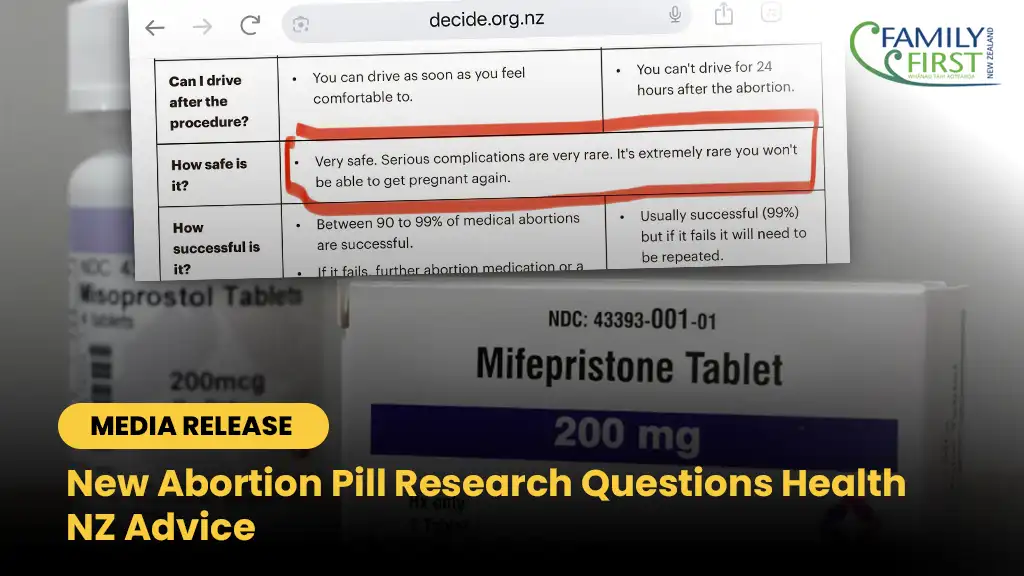Treatment for Gender Dysphoria “Polarised”, “Mixed Evidence” – College of Psychiatrists
The Royal Australian and New Zealand College of Psychiatrists (RANZCP) have released a position statement on gender dysphoria, and in it they explicitly acknowledge that “there are polarised views and mixed evidence regarding treatment options for people presenting with gender identity concerns, especially children and young people.”
The ‘conversion therapy’ bill currently before Parliament treats the ‘affirmative model’ as a slam-dunk, but health professionals, organisations and now this position statement is acknowledging that it’s not as simple as they make out.
The position statement also says,
“Comprehensive assessment is crucial. Assessment and treatment should be evidence-informed, fully explore the patient’s gender identity, the context in which this has arisen, other features of mental illness and a thorough assessment of personal and family history…”
“Clinics seeing young people have also reported an increasing preponderance of sex assigned at birth females among those seeking intervention and a co-occurrence of autism spectrum disorder and Gender Dysphoria.”
Significantly, the position statement says:
“[E]vidence and professional opinion is divided as to whether an affirmative approach should be taken in relation to treatment of transgender children or whether other approaches are more appropriate.”
“Approaches which don’t include medical treatments may focus on utilising psychotherapy to aid individuals with Gender Dysphoria in exploring their gender identity, and aid alleviation of any co-existing mental health concerns identified in screening and assessment.”
Medical professionals and groups are sounding growing international concern around the use of puberty blockers to treat young people with gender dysphoria because of the low certainty of benefits, but the significant potential for medical harm.
Sweden’s leading gender clinic – Stockholm’s Astrid Lindgren children’s hospital – has become the world’s first to end routine treatment of minors under the age of 18 with puberty blockers and cross-sex hormones. Britain’s NHS recently withdrew a claim that the effects of puberty blockers are “fully reversible” – a claim made on TVNZ’s Sunday programme, but challenged by experts spoken to by Newshub and a leading Australian pediatrician.
The Australian reports on a new paper involving gender clinic staff from The Children’s Hospital at Westmead in Sydney, which says that “gender clinicians are under increasing pressure to enable ‘conveyor belt’ medicalisation of children who arrive already convinced that hormonal drugs are the only solution to their distress.” A leading expert clinical psychologist Thomas Steensma from the Dutch clinic which pioneered puberty blocker drugs for children distressed by unwanted sexual development has also sounded the alarm about gender clinics around the world “blindly adopting” the use of puberty blockers without further research.
Finland revised its treatment guidelines in June 2020, prioritising psychological interventions and support over medical interventions, particularly for youth with post-pubertal onset of gender dysphoria.
Over a quarter (26%) of doctors do not support the British Medical Association (BMA) lobbying to ban conversion therapy.
Parents are right to be concerned about the criminalising of parents and carers who oppose puberty blockers, chest binders, cross-sex hormones and surgery as a solution to gender dysphoria. and who wish to affirm the biological sex of their children.
ENDS
For More Information and Media Interviews, contact Family First:



